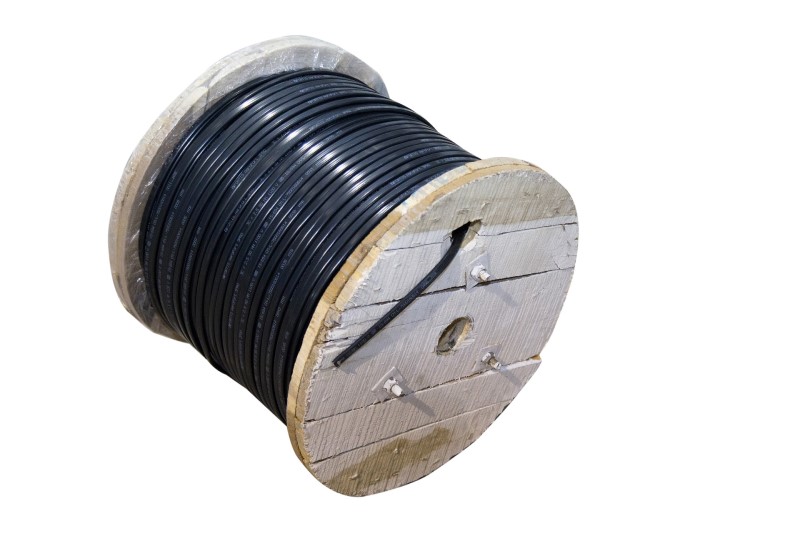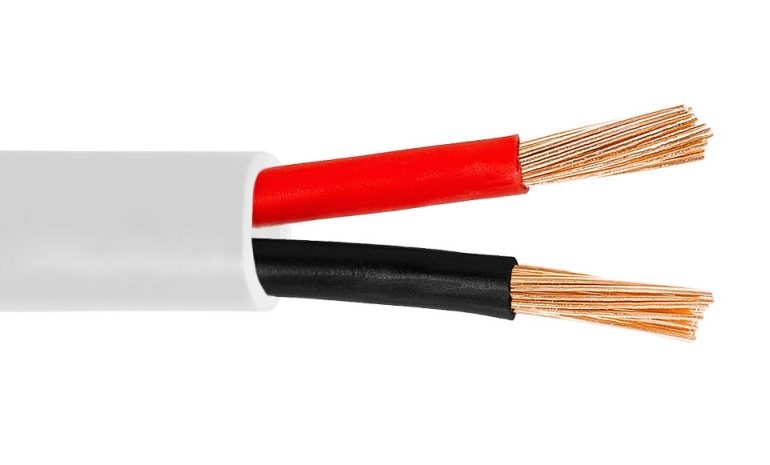Best Speaker Wire Gauge for Home Theater
We’ve talked about wire gauge before here on AV Gadgets. Heck, you can find all sorts of articles on the Internet about them. We are not going to rehash all of that. What we are going to talk about is the best speaker wire gauge for your home theater. We don’t always acknowledge that people have very specific questions based on their configurations and use cases. We’re going to fix that today.
Things to Look For in Home Theater Speaker Wire
When you are shopping for speaker wire for your home or theater, you’re going to get a lot of dismissive recommendations based on gauge. But there are some other things that you should look for that are more important. Not because they’ll make your speakers sound better (that’s nearly impossible), but because it will make your life easier
- Suppleness – A cable that is softer is easier to bend around corners and manipulate. A stiffer cable is easier to pull down a wall. Know what you are going to do with your cable before you buy. In general, braided or multistrand cables are more supple, solid core cables are stiffer.
- Jacket – The jacket or the outside covering of the cable will protect the core from the elements. It can also contain shielding to eliminate outside interference. Usually, a thin coat of plastic is enough. If you are running your cables in walls or underground, you’ll want cables rated for these settings. Otherwise, you should not worry about the jacket unless the cable will be out in the open. Then you might want to pick one that is pretty.
- Thickness – Often hand-in-hand with the cable jacket, the thickness of the speaker wire is important. Are you going to run your cables in the wall? You’ll want something as thin as possible. Are you running them under a rug? You’ll want a flat speaker cable. When trying to hide your speaker cables in your home theater, the gauge doesn’t matter nearly as much as the shape and thickness.
- Cost – Home theater speaker cable wire can cost outrageous sums of money. Don’t be lulled into thinking that higher costs equates to higher performance. A home theater speaker wire that costs many thousands of dollars a foot will perform the same as one that costs pennies.
Does Speaker Wire Gauge Really Matter for Home Theater?
As we’ve delineated before, you can run 48 feet of 16 gauge speaker wire from your home theater receiver with no chance of affecting the sound. You can check out our handy chart if you are worried about your specific speakers and wire length. That said, is there a benefit of running thicker speaker wire?
In a word, no. And there are some downsides. You might have heard (because people say it all the time online) that you should run thicker wire to your main speakers. This is because they handle more of the sound and often get the most amplification. But that really doesn’t add up. When your run thicker gauge speaker wire to these home theater speakers, you aren’t giving the electricity “more room” just in case. It literally does nothing, If the signal was passing through just fine on 16 gauge wire, running 12 gauge doesn’t make it run through any better. You just spent more money per foot on wire for no benefit.
Other than the cost, the higher gauge speaker wire is also much more difficult to work with. As we mentioned above, suppleness is important when considering which wires to buy. If you are turning sharp corners or trying to hide your wires under a rug, buying thicker cables will make that more difficult. Getting the right sized speaker wire can make setting up your home theater much easier.

What Wire Gauge Should You Buy in Bulk?
Buying in bulk is almost always less expensive than buying smaller lengths. If you were going to buy in bulk (and self-terminate with banana plugs), then which should you buy? Well, you could consult our speaker wire gauge chart and see what would be the longest possible run in your home theater and buy that. But, in general, you don’t need anything bigger than 14 gauge wire. That allows for 80 foot runs to 8-ohm speakers (most home theater speakers are 8-ohms) and 40 foot runs to 4-ohm speakers. If that sounds excessive to you, it probably is. Most people will only run 80 feet if they are trying to run outdoor speakers from their home theater receiver that is all the way across the house. But 14 gauge speaker wire is fairly inexpensive, easy to work with, and readily available. And that’s a combination we can get behind!
What home theater speaker wire gauge do you run? Let us know in the comments!



I too was under the assumption that heavier wire was better. I originally bought 12AWG Monster cable but they are kinda heavy. I recently purchased some new speakers and I’m using 14AWG which is much easier to use and cheaper.